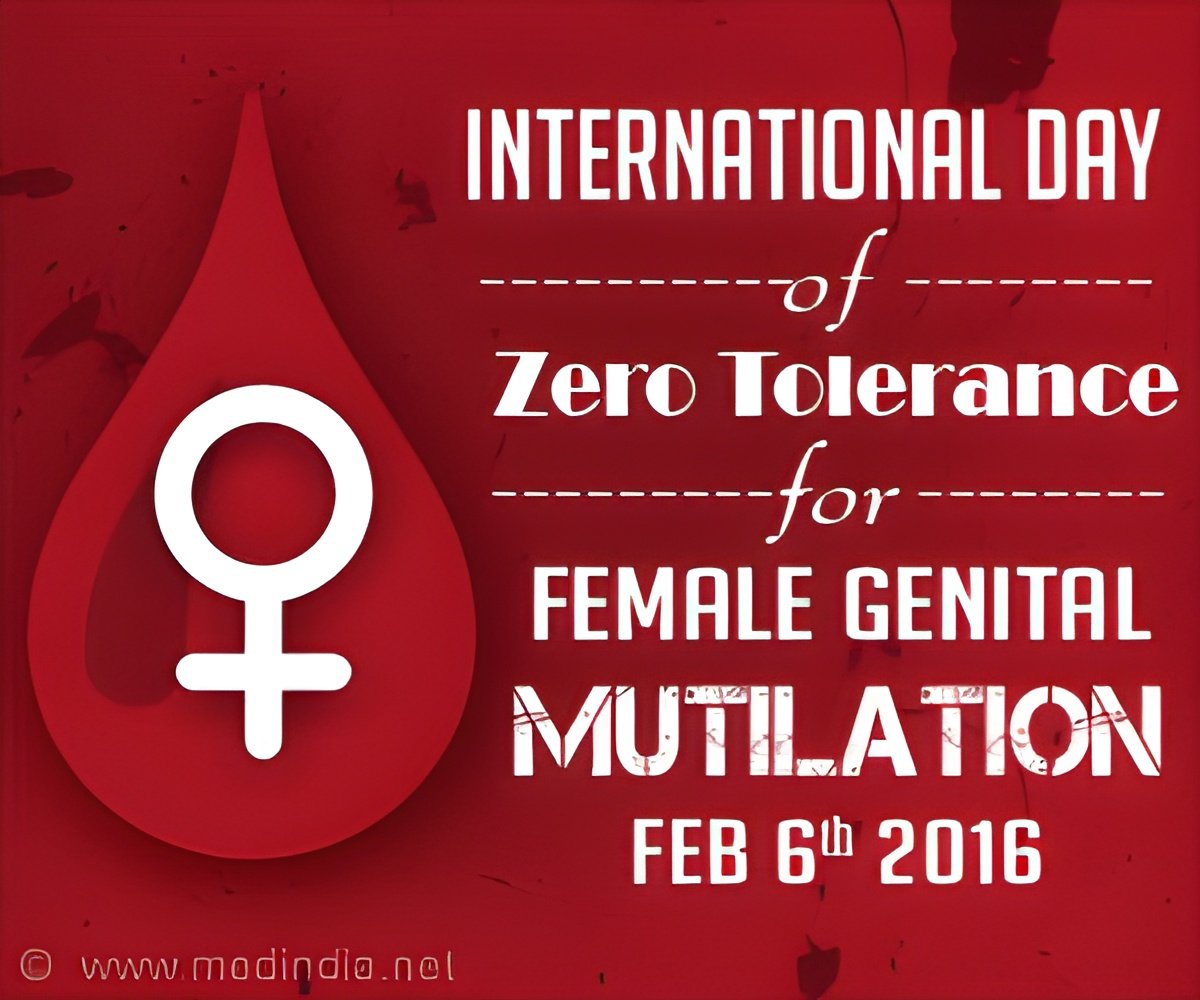Female genital mutilation (FGM) has almost total support in certain villages where it is seen as a compulsory ritual to control sexual desire.

‘The practice of female genital mutilation, which ranges from pricking of the clitoris to its complete removal, causes infections and loss of sensation. The procedure has come under massive international scrutiny in recent years.’





The practice, which ranges from pricking of the clitoris to its complete removal, causes infections and loss of sensation. The procedure has come under massive international scrutiny in recent years, with UN chief Ban Ki-Moon in 2014 launching a global campaign to end it. Berdiyev, who was decorated by President Vladimir Putin in March, said FGM does not stop women from fulfilling their ordained role of motherhood and if all women were mutilated, "there would be less fornication".
- 'Compulsory ritual' -
He later retracted his comments, claiming that he had been joking and Islam does not call for FGM. A controversial Russian Orthodox cleric and blogger, the Church's former spokesman Vsevolod Chaplin, backed Berdiyev saying that Muslims had a right to a "time-honoured tradition".
"You probably don't need to 'circumcise' all women, there's no need with Orthodox women as they don't fornicate anyway," he added. The head of the health ministry's public health department Oleg Salagai insisted FGM is "mutilating and not positive in any way," quoted by RIA Novosti news agency.
Advertisement
The report said that in Dagestan the practice has gone "without any attention whatsoever from the authorities".
Advertisement
The group said it managed to talk to 25 women aged 19-70 who underwent FGM, who spoke of the pain and trauma of the operation.
UNICEF figures published this year indicate that some 200 million girls in the world are subjected to genital mutilation, 44 million of whom are younger than 15-years-old. More than half of the total figure are living in Indonesia, Egypt and Ethiopia, though data is incomplete in many countries.
Source-AFP








